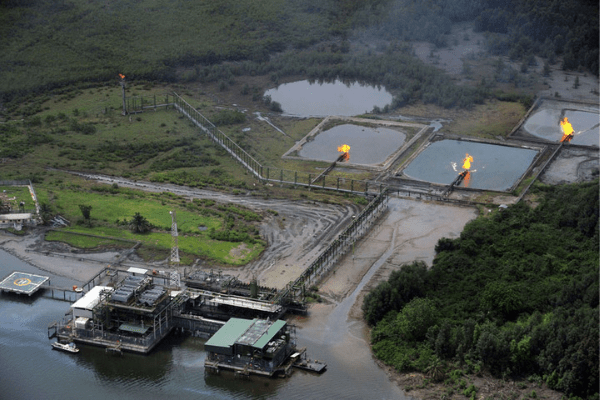A new report on Nigeria’s oil industry activities released by Baker Hughes Incorporated and the Organisation of Petroleum Exporting Countries (OPEC), has revealed that the number of active oil rigs in Nigeria rose in October by one to 28, compared to 38 in January 2015.
Earlier in the year and precisely in February, it leaped to 26 from a record low of 23 in December last year.
The report explained that previous reduction was caused by dwindling global oil prices which could not support any investment in the rigs within the period of lows as oil majors were compelled to slash their capital budgets and suspend some projects.
Rig count is largely a reflection of the level of exploration, development and production activities occurring in the oil and gas sector.
Nigeria saw the fourth-largest drop in rig count among its peers in OPEC last year. The number of rigs in the country averaged 25 in 2016, down from 30 in 2015, and 34 in 2014.
The United States Energy Information Administration (EIA) said in its ‘Nigeria Brief’, noted that “Regulatory uncertainty has resulted in fewer investments in new oil and natural gas projects, and no licensing round has occurred since 2007. The amount of money that Nigeria loses every year from not passing the PIB is estimated to be as high as $15bn”.
Nigeria has the second-largest amount of proven crude oil reserves in Africa, but exploration activity has slowed during the regime of low oil prices.
The EIA further added that “Rising security problems, coupled with regulatory uncertainty, have contributed to decreased exploration”.
The agency also adduced that the PIB, which was initially proposed in 2008, is expected to change the organisational structure and fiscal terms governing the oil and natural gas industry if it becomes law.
“International oil companies are concerned that proposed changes to fiscal terms may make some projects commercially unviable, particularly deepwater projects that involve greater capital spending.
However, global oil prices have increased in recent months, raising expectations that oil companies may soon consider working on projects that have been suspended.
It would be recalled that the Secretary-General of OPEC, Dr. Mohammad Barkindo, had said at the 25th Lustrum Symposium in the Netherlands this week, that the effects of the current downward price cycle on the industry had been severe.
He said industry budgets were depleted and exploration and production spending was reduced by 27 per cent in both 2015 and 2016, stressing that “In total, nearly $1tn investments were frozen or discontinued, and many thousands of industry workers were cut from payrolls”.
“It is clearly imperative that industry investment be urgently restored to levels that will secure the energy requirements of future generations. To achieve this, an estimated $10.5tn in industry investment is expected to be required from now until 2040.









